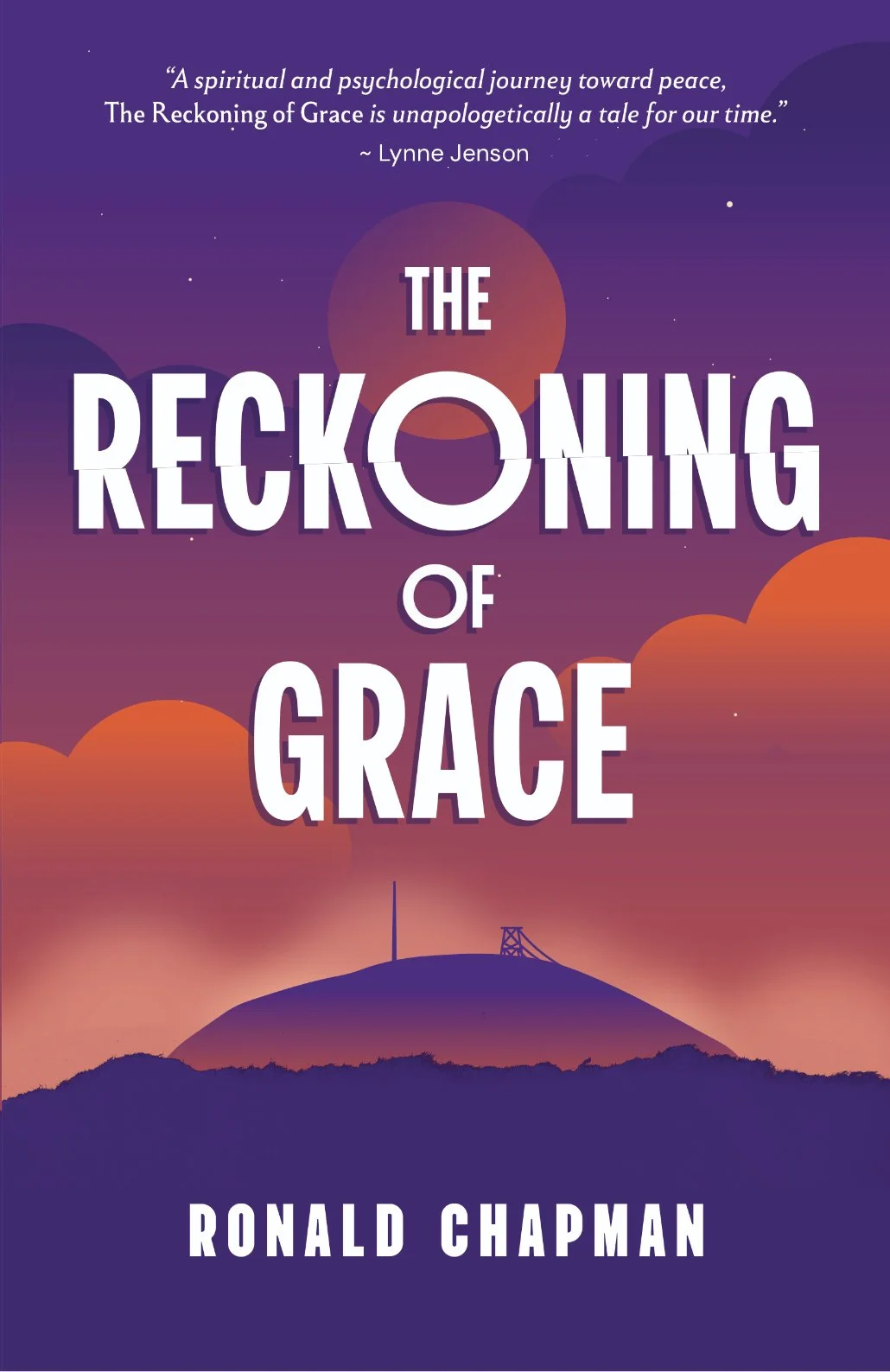If You Spot It, You Got It?
/Folk Wisdom That Misses the Mark
There’s a common kind of pop psychology that suggests that if you see a problem in someone else, you should assume it’s because that same problem applies to you. For example, if you are annoyed by a co-worker who is a big self-promoter, the implication is that you’re annoyed because you too are a self-promoter. If you spot it, you got it.
As is often the case, while the idea has a comforting simplicity, the reality is not nearly so simple. But to understand better we have to look to the field known as depth-psychology, which urges us to look deeply within ourselves to understand how and why we experience the world as we do.
I have heard it summarized that we have blind spots within and about ourselves. We may spend all our time with ourselves, but we don’t actually see or understand ourselves very well. It turns out our inner motivations are not so clear. If you’ve heard of a shadow self, a damaged self, or a disowned self, this is what they mean.
Here’s a simple and unfortunate example. I know a family that adopted a child from a war-torn and impoverished African country. Nothing is known about the background of the little boy. He was an orphan of unknown origins. However, it is clear that the starvation, deprivation, and violence he must have experienced is embedded deep within him. Some years later and despite a stable home life, loud noises can overwhelm him. He hides and hoards food. And even a surprise birthday party can frighten him. He experiences his life based on his earliest experiences even though he shows no signs of remembering them.
Lest you think this is only possible with traumatic experiences, the evidence shows that even things like shaming a boy or girl about their sexuality, low grade poverty and hunger, or any number of everyday occurrences can produce effects in our psyches that show up in our behavior.
For a moment, think now about echoes. When you hear an echo, it may have a different character from the original sound, or it could come from a different direction. We can’t experience the original, but we do experience the echo.
So it can be with the traces of experiences that are within us. Think of them as funhouse mirrors at carnivals. Everything we see is somehow a reflection though it may be greatly distorted. Or it may be fairly accurate. There is no easy way to know. Even the perspective of others may be distorted in some way. All we can know is that there is a reflection to behold, that it has some bearing on reality, and that it does have implications for us.
There are a few conclusions to draw from this understanding:
· That any perception we have is questionable in terms of its accuracy.
· And every experience we have in this moment is somehow distorted.
· Further, that we are always projecting ourselves into the world.
The only strategy that can possibly succeed is to take every experience and ourselves with the proverbial grain of salt. Add to that some curiosity and we might just come to understanding our reality.
Seeing True™
Everything that comes to us is a two-fold reflection: one a distortion of reality, the other a distortion of ourselves. That makes our lives perfect echo chambers ripe for experimentation. If we don’t explore and find reconciliation with and within ourselves, the distortions will drive us in most unfortunate ways.
“If we do not transform our pain, we will most assuredly transmit it.”
Father Richard Rohr














